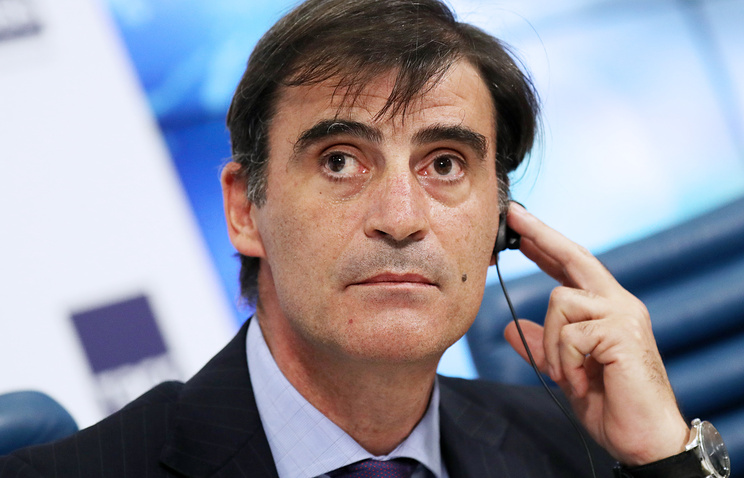The heads of the IMF mission, which completed its work in Russia, summed up the results of the next round of consultations on Article 4 of the IMF's Articles of Agreement (Obligations Regarding Exchange Arrangements) and described monetary policy easing started by the regulator in March as reasonable. At the March meeting of the Board of Directors, Russia’s Central Bank cut its key rate for the first time since September 2016 by 25 basis points to 9.75% per annum. In April, the key rate was reduced to 9.25% per annum. The Central Bank explained its decision by slowing inflation, which has already approached the target level of 4%.
According to the IMF Mission Chief for Russia, Assistant Director of the IMF European Department, Ernesto Ramirez Rigo, "monetary policy easing initiated in March was appropriate considering the inflation outlook and the decline in inflation expectations," the Central Bank notes.
IMF experts believe that interest rate cuts should continue at a gradual pace given the uncertain size of the output gap, the volatility of oil prices, and the potential reversal of the exchange-rate-driven disinflation.

Ernesto Ramirez Rigo
As early as last November, following the results of their visit to Moscow, IMF experts foretold the beginning of a slow recovery of Russia's economy starting from 2017. Then the IMF report noted that the Russian authorities are embarking on a "necessary and ambitious medium-term fiscal consolidation program to adjust to permanently lower oil prices". To achieve this goal, the IMF recommended to pursue "more permanent structural reforms" to the pension system, tax exemptions, and subsidies, while protecting capital investment.

Ernesto Ramirez Rigo also called on "to find some anchor in the long term in terms of forecasting the budget position": "It is necessary to leave the next generation at least as much as you have today. Instead of a small budget deficit, maybe a budget surplus makes sense. In addition, it is necessary to reduce price volatility, it is a very important issue for Russia's economy".
Speaking about inflation, the IMF expert said: "The Central Bank is pursuing the inflation targeting policy. It is necessary to ask whether it really corresponds to general trends or, maybe, it is some kind of temporary factor. Has it affected the specific category of goods in the consumer basket, which led to a significant reduction in inflation? If it is a trend that lowed inflation below your minimum level, then you can think about how to bring it back to the forecast corridor. If this factor is temporary, then perhaps it is not worth taking any action, otherwise it will lead to the volatility of interest rates and production level".
Russia's data provided to the IMF, according to Ernesto Ramirez Rigo, correspond to the objectives of IMF supervision: "We do not see any changes in the quality of the data. They are volatile, but they are no more volatile than in other countries where we work. They are absolutely sufficient for carrying out our monitoring of the economic situation".






